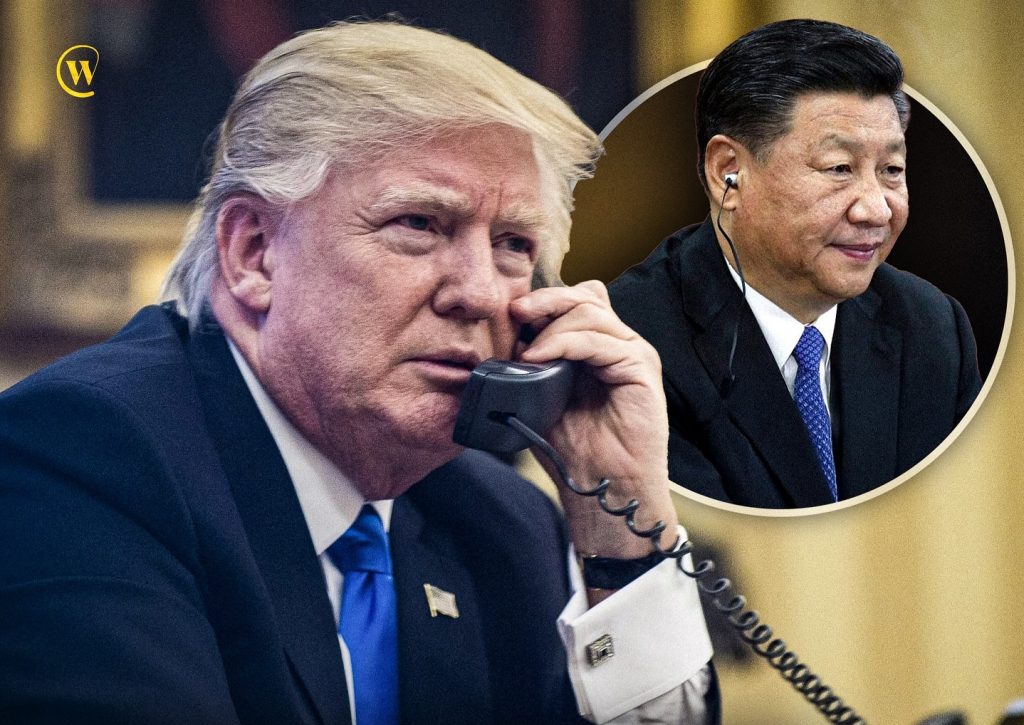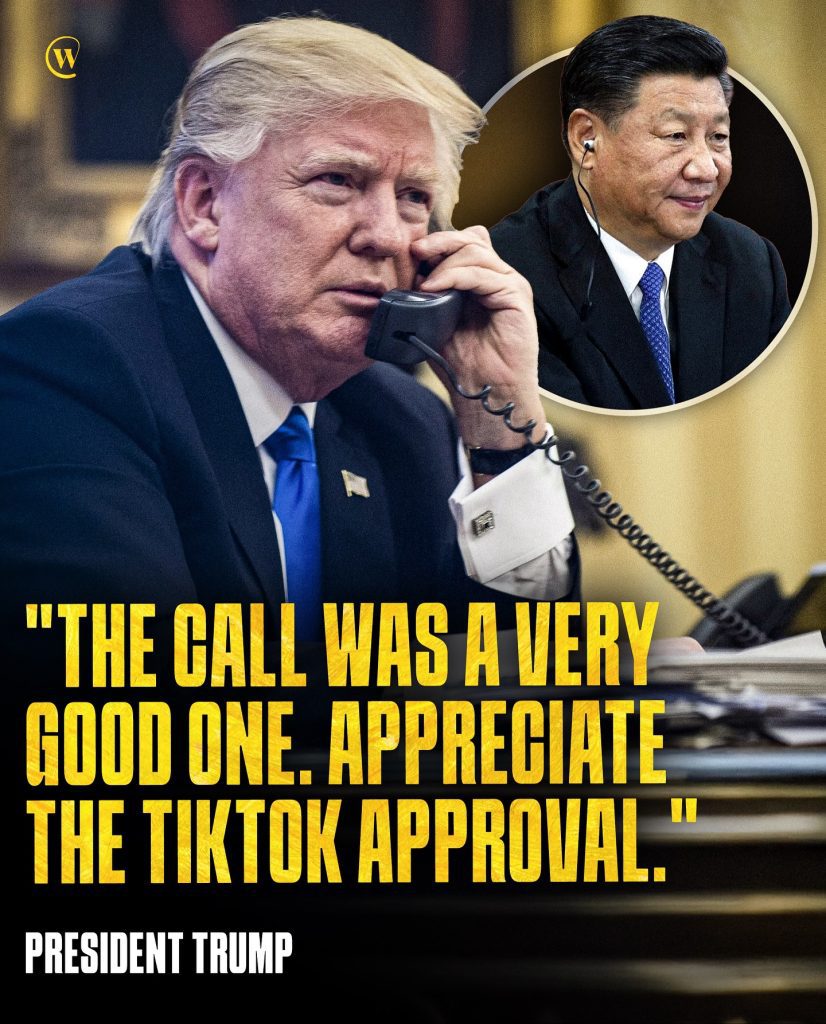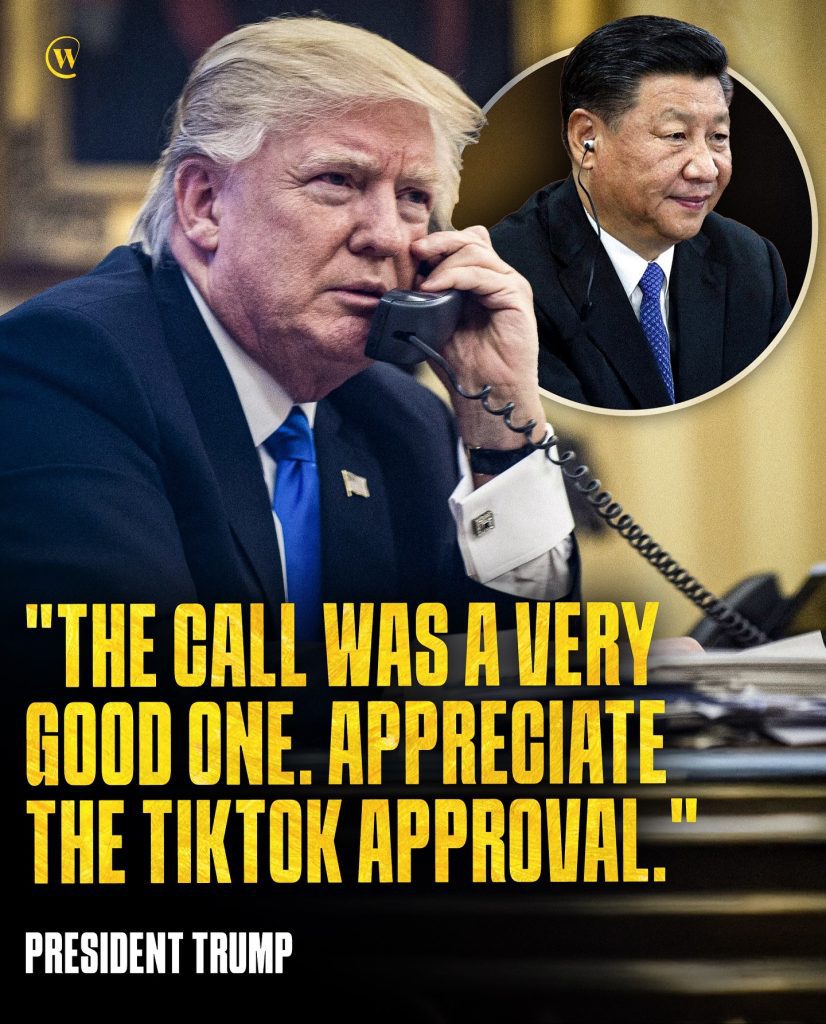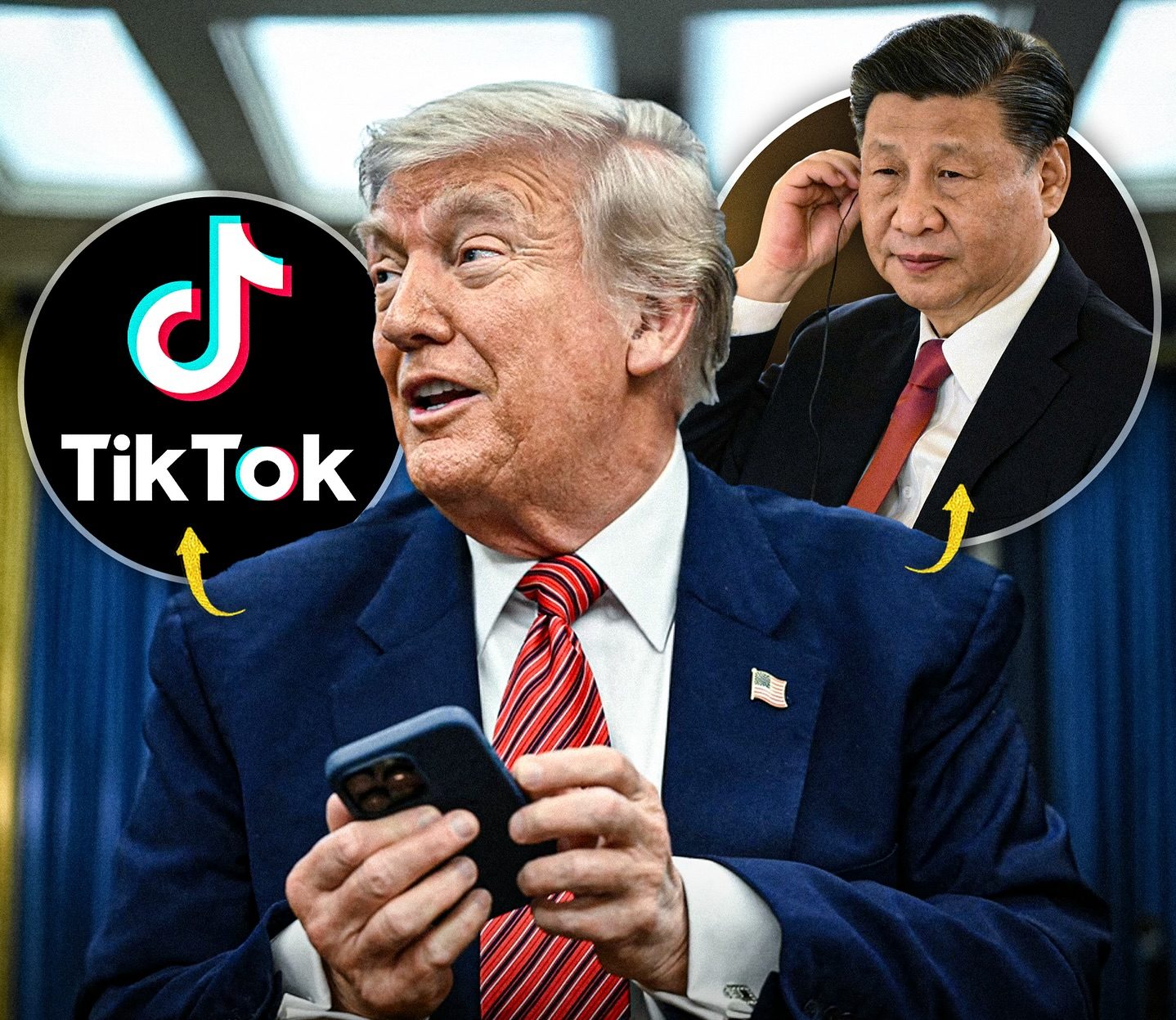President Trump Reveals TikTok Deal Was Approved in Phone Call with Chinese President Xi Jinping
When Donald Trump speaks, the world tends to listen closely, especially when it involves major tech companies, politics, and international relations. This week, Trump confirmed something that had been swirling in speculation for months: the TikTok deal was approved after a direct conversation with Chinese President Xi Jinping. In his words, it wasn’t just a good call—it was a call that moved the needle on one of the biggest digital stories of recent years.
For years, TikTok has stood at the center of controversy in the United States. With its Chinese roots through parent company ByteDance, lawmakers often raised concerns about data privacy, national security, and the influence of foreign technology on American users. Trump was one of the most vocal leaders on this issue during his time in office, and even after, he has kept the conversation alive. What makes this announcement stand out is not just that the deal went through, but how it happened: through an exchange between two of the world’s most powerful leaders.

Trump described the call with Xi Jinping as “a very good one.” According to him, the discussion wasn’t only about TikTok—it also touched on several key global issues. But the approval of TikTok was one of the major points of progress. In Trump’s words: “We made progress on many very important issues […] and the approval of the TikTok deal.” For him, this wasn’t just a business deal; it was also a diplomatic success, a rare moment where cooperation won over rivalry.
For context, TikTok has more than 170 million users in the United States. It’s one of the most downloaded apps in the world, shaping trends, culture, and even political discourse. Yet the app’s Chinese ownership has been a sticking point for U.S. officials for years. Under Trump’s administration, there were repeated attempts to push TikTok into a deal that would give American companies control over its U.S. operations. Companies like Oracle and Walmart were once at the table, and discussions of forced divestitures dominated headlines. The story seemed to stall after Trump left office, but this announcement shows the gears were still turning behind the scenes.
Trump’s framing of the approval is particularly interesting. Instead of presenting it as a corporate negotiation or legal settlement, he positioned it as a diplomatic agreement born out of trust between himself and Xi. “The call was a very good one. Appreciate the TikTok approval,” he said. That phrasing almost turns TikTok into a symbol of broader U.S.-China cooperation, at least for a brief moment. For years, relations between the two countries have been strained, marked by trade wars, accusations over technology theft, and sharp disagreements over international security. But in this moment, TikTok became a bridge rather than a battlefield.

Critics, of course, will raise questions. What does “approval” really mean in this context? Was the deal about safeguarding U.S. data, restructuring ownership, or simply allowing TikTok to continue operating without interruption? The details of the agreement are not yet fully clear, and in politics, wording matters. But for Trump supporters, the announcement underscores his image as a dealmaker who can negotiate directly with world leaders to get things done. For his opponents, it raises concerns about what was agreed upon behind closed doors, and whether it truly addressed the security concerns that sparked this battle in the first place.
TikTok itself hasn’t issued a detailed response yet. The company has long maintained that it operates independently of the Chinese government and that user data is safe. It has also invested heavily in transparency, creating data centers outside China and offering more visibility into how its algorithm works. Still, many lawmakers remain skeptical. The new twist—that the deal’s approval came from a personal Trump-Xi call—will likely only add to the debates in Washington.
From a cultural perspective, this development is massive. TikTok is not just another social media app—it has become the heartbeat of Gen Z and younger millennials. It’s where trends are born, where music careers are launched, and where political conversations often start. Its influence stretches far beyond entertainment. If there was ever a threat that TikTok could be banned in the U.S., millions of users would have felt the impact immediately. Trump’s confirmation that the deal was approved gives many of them a sigh of relief, even if they don’t follow the fine print of international negotiations.

The story also shows how deeply technology and politics are now intertwined. In previous decades, a mobile app would never have been the subject of high-level conversations between presidents. But in 2024 and beyond, apps like TikTok are not just businesses—they’re cultural and political forces. They shape how people see the world, what news they consume, and how movements gain momentum. For Trump to tie TikTok’s future to a diplomatic conversation with Xi Jinping highlights just how far-reaching the stakes have become.
As we look ahead, the questions multiply. Will this deal truly resolve concerns about user data and privacy? Will lawmakers in Congress accept Trump’s version of the story, or will they continue to push for stricter oversight of foreign-owned tech platforms? And perhaps most importantly, will TikTok’s users even care, as long as the app remains open and free to use?
For now, Trump’s announcement stands as another moment where his words dominate the news cycle. Supporters will point to it as proof of his negotiating skills and global influence. Critics will dissect every phrase, searching for what was promised and what was left unsaid. But for TikTok’s millions of American fans, the message is simple: the app isn’t going anywhere, at least not for now.
In the end, TikTok is more than just short videos and viral dances. It’s a symbol of how globalized our world has become, and how politics, culture, and technology are forever linked. Whether Trump’s “very good call” will be remembered as a breakthrough or just another chapter in the ongoing U.S.-China tech saga, one thing is certain—this story is far from over.

